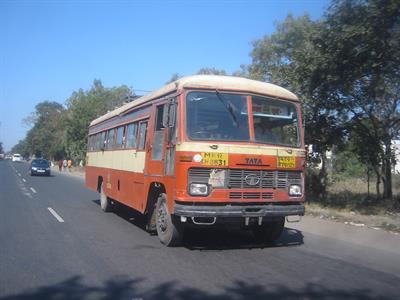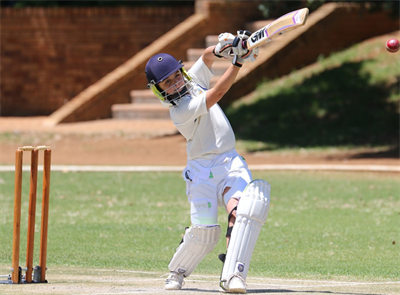
PUMPA - SMART LEARNING
எங்கள் ஆசிரியர்களுடன் 1-ஆன்-1 ஆலோசனை நேரத்தைப் பெறுங்கள். டாப்பர் ஆவதற்கு நாங்கள் பயிற்சி அளிப்போம்
Book Free Demo The camp involved a session every morning and evening at Shivaji Park. I would practice between 7.30 am and 10.30 am in the morning. Then I’d come back in the afternoon and practice till late evening. The schedule was rigorous and I would be exhausted by the end of the day. Travelling to Shivaji Park took forty minutes from my house in Bandra and I had to catch an early morning bus to make it on time. For the first few days, Ajit accompanied me, to get me used to the routine. During the bus journeys, he would talk to me about the nuances of batting, and I always enjoyed these conversations a lot. In fact, the one thing that I have kept with me all my career is a note that Ajit gave me containing some thoughts about batting. It served as a very personal coaching manual.
As a child, I had only one set of cricket clothes and the routine was to wash them as soon as I’d returned from the morning session. While I had my lunch, the clothes would dry out in the sun and I would wear them again in the afternoon. The pattern was repeated in the evening so that I could use the same set of clothes the following morning. The system worked well – apart from my pockets. There was never quite enough time for the pockets to dry out completely, and for the entire duration of the camp I played with wet pockets. By the middle of the summer camp, Sir had started taking an active interest in my batting and at the end of the two months, informed Ajit that I had the potential to be a good cricketer if I practiced all year round. However, my school – the New English School in Bandra – did not have cricket facilities and Sir was keen for me to change schools if I wanted to pursue cricket seriously.
Explanation:
Sachin had joined the camp of Achrekar sir with great difficulty and was proud of the fact. He was happy about this summer camp that he was ready to go through all the difficulties that it encompassed. The first major setback that he has faced was the distance between his home and the camp. He stayed in Bandra, and the camp was set in Sivaji park. Although both places were in Mumbai, it was forty minutes away from his home. He had to take public transport, and this further delayed the journey. He had his practice sessions in the morning from 7.30 to 10.30. It later resumed in the afternoon. Sachin had to therefore travel again for forty minutes back home, have lunch and again travel to the camp for the same duration in a bus. As an eleven-year-old child, this tired him out. His day started early in the morning and ended up late in the evening.

A bus in Mumbai*
Sachin's brother Ajit who was the main reason for joining the camp, proved as a moral support, as he accompanied Sachin during the travel during the first few years. He was a fan of cricket himself and therefore discussed the game during the commute. He accompanied his brother to get him accustomed to the route and routine as he understood that it was too much for a young child. He talked to Sachin about the nuances of batting and the game and even gave him a small note containing some batting tactics. Sachin recalls even after becoming one of the world's best batsmen that the small note proved to be a personal coaching manual.
Sachin notes that he had only one set of cricket clothes as he belonged to a middle-class family. It was difficult as he had to manage with the only set. He would come back from his morning practice and wash them. It would be dried under the sun when he had lunch. He would later wear them when he returned for his afternoon sessions. But the pockets of the clothes would be wet, as it was difficult for pockets to dry. He would later come back in the evening and rewash his clothes as they would get dirty due to the sweat and work in the ground. He played with wet pockets for a long time. But when one is striving to achieve something, all these trivial discomforts do not affect them. His hard work paid off as Achrekar sir recognised his talents and understood his potential. But when schools reopened, the school that Sachin was enrolled in did not give any prominence to cricket and did not have any facilities. Achrekar sir wanted him to change schools in order to practise persistently.

Boy playing wearing cricket clothes
Words with difficult meaning:
| S.No | Words | Meaning |
1 | Schedule | A plan for carrying out tasks |
2 | Rigorous | Extremely hard or careful |
3 | Exhausted | Tired after working on something |
4 | Manual | A book of instructions |
5 | Routine | Actions that are regularly followed |
6 | Potential | The capacity or ability to perform a task |
7 | Duration | The time taken to complete |
Reference:
- State Council of Educational Research and Training 2019. Term 1 English Standard - 9. Learning the Game - Sachin Tendulkar (pp. 1 -17). Published by the Tamil Nadu Textbook and Educational Services Corporation.
- A bus in Mumbai*: Yann Forget / Wikimedia Commons